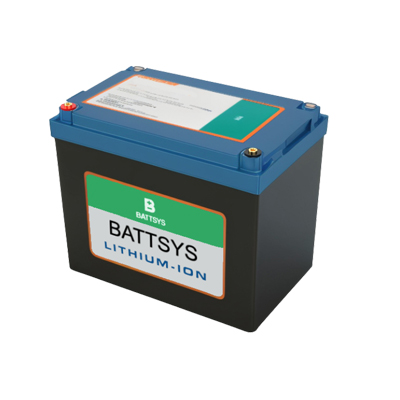What is the difference between
energy storage lithium batteries and
power lithium batteries?
Firstly, the difference in battery capacity
For all new batteries, the battery capacity is tested through a discharge meter. The capacity of general power lithium batteries is around 1000-1500mAh; The battery capacity of the energy storage lithium battery pack is above 2000mAh, and some can reach 3400mAh.
Different application industries
Lithium ion batteries are mainly used as driving power sources for electric vehicles, electric bicycles, electric motorcycles, electric equipment, and tools; Used for power transmission and transformation, providing closing current for power devices; Energy storage lithium battery packs are mainly used for energy storage power sources such as hydropower, thermal power, wind power, solar power stations, auxiliary services for peak shaving and frequency regulation power sources, digital products, power products, medical security products, UPS power supplies, etc.
 Different positioning of lithium battery BMS battery management system
Different positioning of lithium battery BMS battery management system
In energy storage systems, lithium batteries only interact with energy storage converters under high voltage, and the converters take electricity from the AC power grid to charge the battery pack; Alternatively, the battery pack can provide power to the inverter, which converts electrical energy into AC power and sends it to the AC power grid; The BMS battery management system of electric vehicles has an energy exchange relationship with the motor and charger under high voltage. In terms of communication, the information exchange with the charger during the charging process, as well as the most detailed information exchange with the onboard controller throughout the entire application process.
Use different types of batteries
For safety and economic considerations, lithium iron phosphate batteries are often used when selecting lithium battery packs. Some energy storage stations use lead-acid batteries and lead-carbon batteries; At present, the mainstream battery types for power lithium-ion electric vehicles include lithium iron phosphate batteries and ternary lithium batteries.
Different types of power lithium batteries refer to batteries that provide power for transportation vehicles, generally compared to small batteries that provide energy for portable electronic devices; A regular energy storage lithium battery is a primary battery that uses lithium metal or lithium alloy as the positive electrode material and a non-aqueous electrolyte, which is different from rechargeable lithium-ion batteries and lithium-ion polymer batteries.
Different performance and design
Power lithium batteries pay more attention to charging and discharging power, requiring fast charging speed, high output power, and shock resistance, with a special emphasis on high safety and energy density to achieve long-lasting endurance, as well as lightweight requirements in weight and volume; The preparation of energy storage lithium batteries emphasizes battery capacity, especially operational stability and service life, with more consideration given to the consistency of battery modules. In terms of battery materials, attention should be paid to the expansion rate, energy density, and uniformity of electrode material performance, in order to pursue the long service life and low cost of the entire energy storage equipment.
The above is an introduction to the differences between energy storage lithium batteries and power
lithium batteries. Through the above introduction, I believe everyone has a deeper understanding of the differences between energy storage lithium batteries and power lithium batteries.
